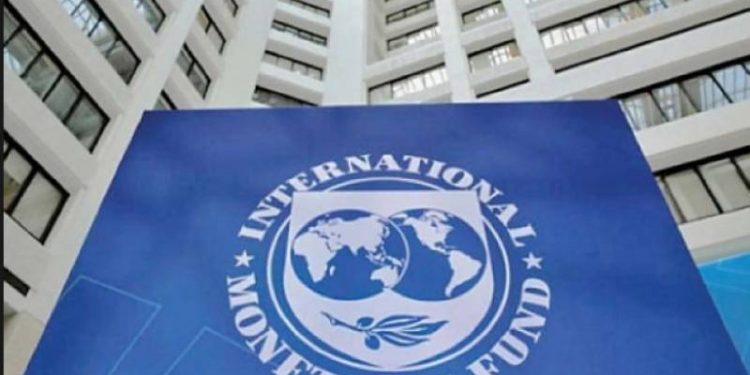Islamabad: Pakistan is deep in troubled economic waters and the only available lifeline, revival of the International Monetary Fund’s (IMF) $6.5 billion bailout, has become next to impossible, most likely because of the US frets over the country’s slant towards China and Iran, media reports said.
The cash-strapped nation of more than 220 million people has a history of violating the terms and conditions laid forth by the lender of the last resort but the authorities in the past still somehow managed to convince the Fund, Geo News reported.
However, this time the Pakistan Democratic Movement (PDM)-led coalition government is facing difficulties as the Washington-based lender is not showing any leniency.
Pakistan entered a 39-month, $6 billion IMF programme in 2019 which was extended till June 2023 and added another $1 billion in August last year when the board approved a combined seventh and eighth tranche.
A look at the past shows that most of Pakistan’s previous bailouts 13 since the late 1980s were left incomplete due to which the economy never fully recovered, Geo News reported.
While the government continues to claim that it has met all the conditions of the IMF, analysts and economists are trying to weigh the reasons behind the board’s reluctance to complete the ninth review which has been stalled since November last year.
Some said there is a political angle to the entire ninth review fiasco and others are now blaming Pakistan’s pivot towards China and Iran as the primary reason, Geo News reported.
While Pakistan Foreign Minister Bilawal Bhutto-Zardari denied any such claims, saying Pakistan-Iran relations have “nothing to do with IMF”, financial pundits still believe that this will further complicate the relations.
“China, by the way, has been extremely positive and helped us a lot in recent weeks by rolling over large amounts of debt. And that obviously kept Pakistan’s financial position better, which is part of what the IMF wants. China is not at all a problem at this point,” former Finance Minister Dr Hafiz Pasha, Geo News reported.
A whopping 30 per cent of Islamabad’s overall debt is owed to Beijing, with the much-stalled China-Pakistan Economic Corridor (CPEC) contributing to Pakistan’s fiscal predicament through skewed loan agreements. The country is in more Chinese debt than that of the IMF and World Bank, Geo News reported.
However, Dr Pasha said that relations with Iran were a problem (for the US).
“Now that is a new relationship. The situation has changed in this regard as Saudi Arabia and Iran have signed an agreement of normalising relations. So that kind of has improved the Middle Eastern situation and Pakistan, at this point, has to honour some past commitments like the lines that Iran laid and are still pending. So, there is a possibility, that America which is a notable member (of the IMF) might raise an objection to it,” he said, adding until now, he doesn’t feel this has impacted the ninth review.
IANS






































